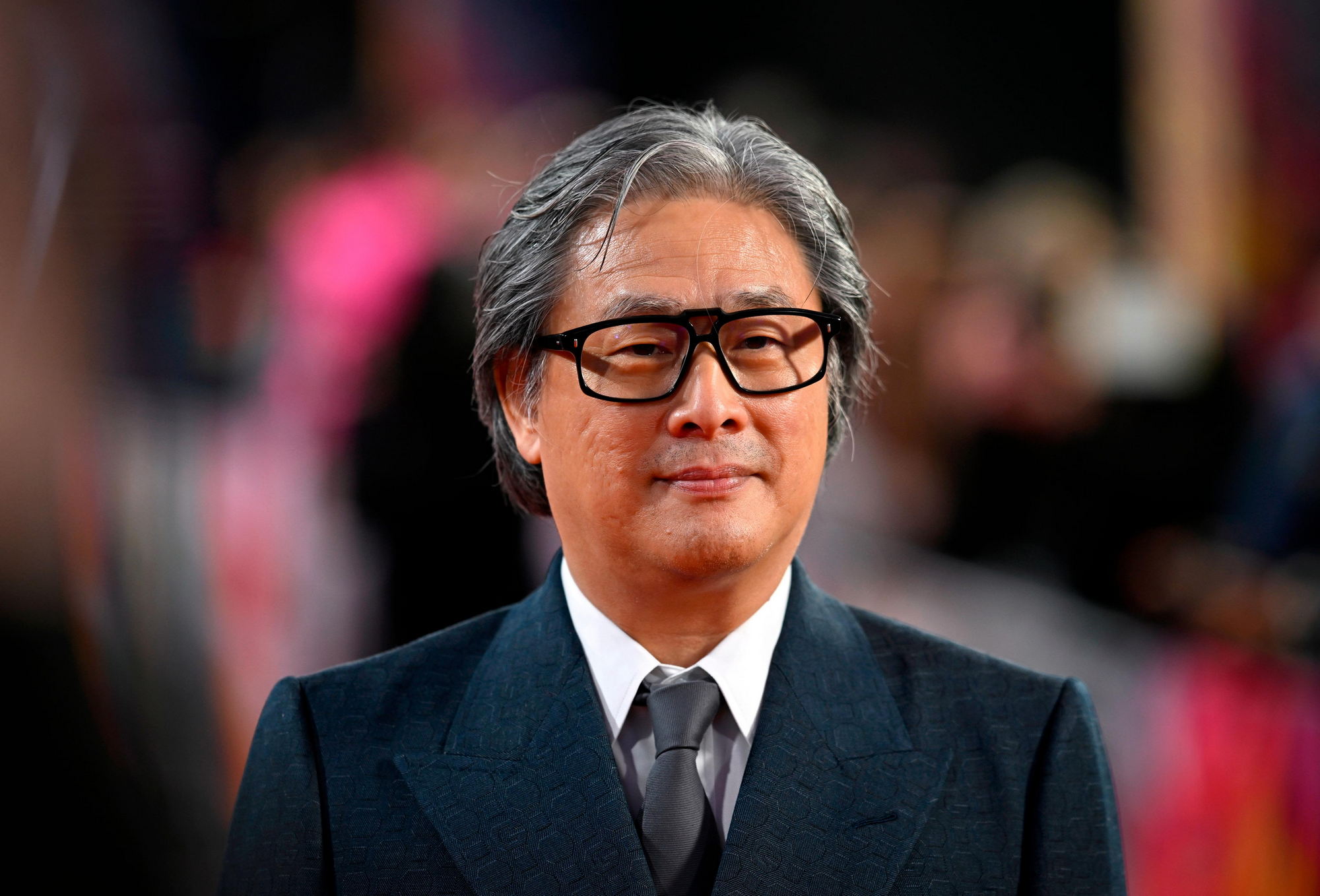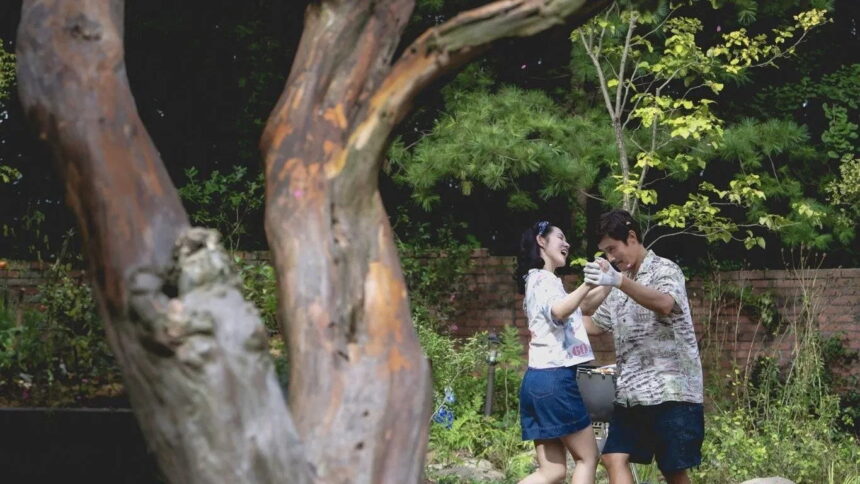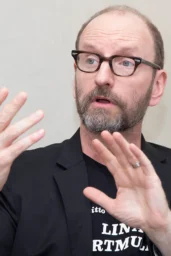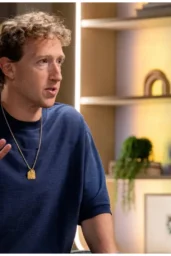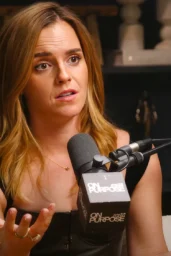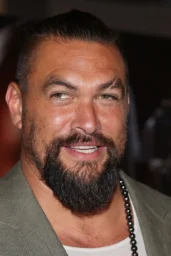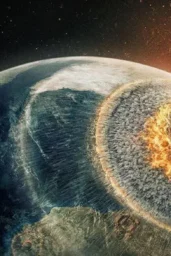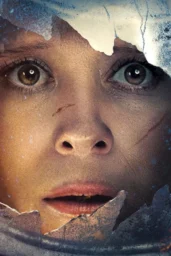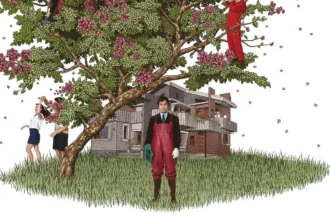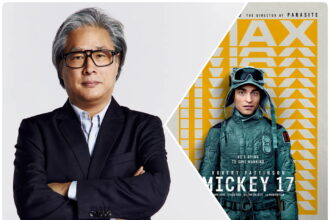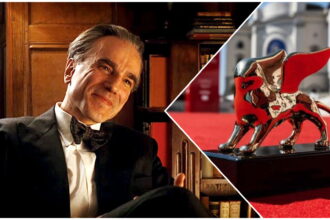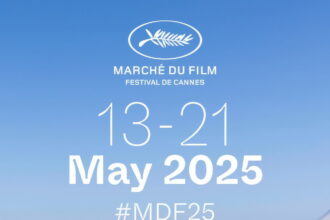A Director’s Obsession, Now Neon’s Gamble
Park Chan-wook doesn’t do “ordinary.” The Korean auteur who turned revenge into high art (Oldboy ), twisted desire into poetry (The Handmaiden ), and made grief feel like a Hitchcockian puzzle (Decision to Leave ) has always danced on the edge of genre and existential dread. So when Neon snapped up No Other Choice —his first feature since 2022’s Palme d’Or nominee—ahead of its rumored Venice 2025 premiere , it wasn’t just a deal. It was a declaration: Park’s dark vision remains cinema’s sharpest knife.
The Ax Reborn: Corporate Horror, Park-Style
Adapting Donald Westlake’s 1997 novel The Ax , a black-comic spiral of layoffs and murder, Park injects his signature blend of moral rot and visceral tension. Think American Psycho meets Parasite , but filtered through Park’s unflinching lens. The logline alone—unemployed man kills fellow job applicants to secure a position—reeks of our late-capitalist hellscape. Costa Gavras’ 2005 version was a straightforward thriller; Park’s, by contrast, will likely luxuriate in the grotesque psychology of desperation.
Cast Iron: Lee Byung Hun and Park’s Repertoire
Lee Byung Hun, who previously collaborated with Park on Joint Security Area and Three Extremes , stars as the unraveling protagonist. His casting feels like a reunion tour for Park’s obsessions: loyalty, betrayal, the masks men wear. Add Son Ye Jin (in her first post-Crash Landing on You role) and Squid Game ’s Park Hee Soon, and you’ve got a murderers’ row of Korean talent. Neon knows this ensemble spells awards bait—especially if Venice critics bite.
Venice or Bust: Timing the Prestige
Why the Venice buzz? Park’s films thrive in festival arenas where audiences crave danger. Oldboy won the Grand Prix at Cannes; Decision to Leave charmed Cannes and Oscar voters alike. A Venice 2025 premiere would position No Other Choice as an early Oscar contender, leveraging Park’s arthouse cred and Neon’s awards-season savvy (Parasite , Titane ). The studio’s timing—acquiring pre-premiere—suggests confidence bordering on clairvoyance.
The Park Paradox: Genre Rebel, Existential Poet
Park’s genius lies in making pulp profound. His thrillers dissect human frailty with the precision of a surgeon’s scalpel. No Other Choice ’s premise—a man weaponizing corporate competition—feels ripped from today’s headlines. Yet Park isn’t here to moralize. He’s here to ask: What does capitalism do to us? And how close are any of us to snapping?
Legacy in the Shadows
At 61, Park remains a contradiction: a mainstream provocateur, a genre stylist who refuses to repeat himself. No Other Choice isn’t just another thriller. It’s a middle finger to complacency, a reminder that even “respectable” jobs mask a world of violence. Neon’s play for the film isn’t just business—it’s a coronation.
